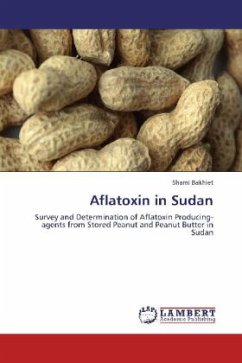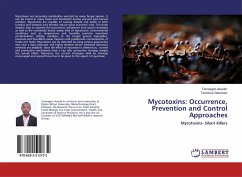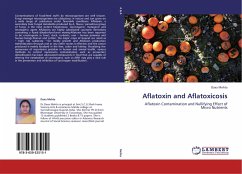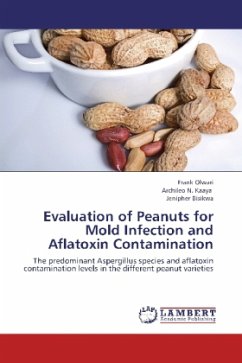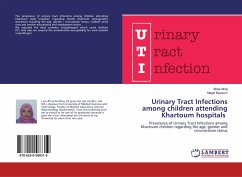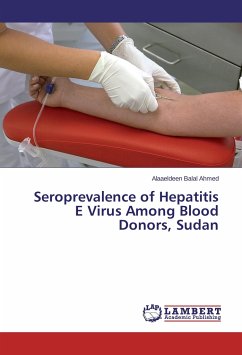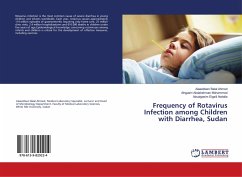Humans are exposed to aflatoxins by consuming foods contaminated with products of fungal growth. Such exposure is difficult to avoid because fungal growth in foods is not easy to prevent. Even though heavily contaminated food supplies are not permitted in the market place in developed countries, concern still remains for the possible adverse effects resulting from long term exposure to low levels of aflatoxins in the food supply. Evidence of acute aflatoxicosis (Aflatoxicosis is the poisoning that results from ingesting aflatoxins) in human has been reported from many parts of the world, namely the third world countries, like Taiwan, Uganda, India, and many others. The syndrome is characterized by vomiting, abdominal pain, pulmonary edema, convulsion, coma, and death with cerebral edema and fatty involvement of the liver, kidney, and heart. Conditions increasing the likelihood of acute aflatoxicosis in humans include limited availability of food, environmental conditions that favor fungal development in crops and commodities, and lack of regulatory systems of aflatoxin monitoring and control. This book therefore provides scope on this problem and exhibits the non-regulatory contro
Bitte wählen Sie Ihr Anliegen aus.
Rechnungen
Retourenschein anfordern
Bestellstatus
Storno

